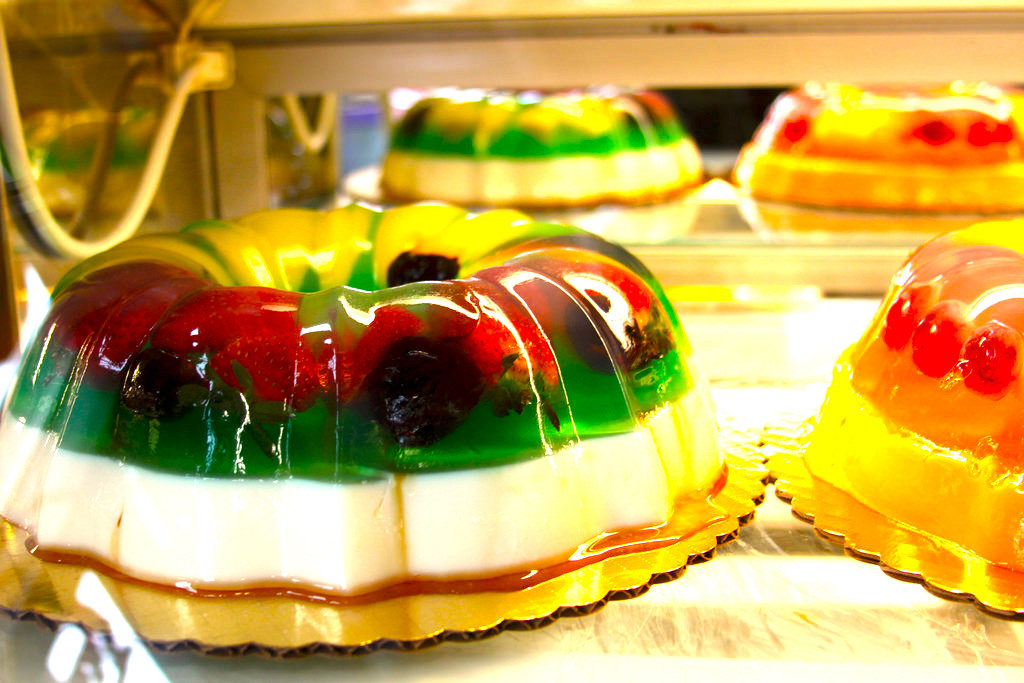
Chris Gramuglia is a second year Fiction student in The New School MFA program, whose writing expands from Fantasy to realist prose about dating in modern times. In addition to being a writer, Chris is also a film-maker and a drone operator. For the interview, he wanted to grab a burger at a place known for its burgers, Bistro & Barrel. B&B calls itself a “winepub” –the very concept of which sounds a bit like an oxymoron.
I arrived to B&B realizing I had been there once before for drinks and that B&B bore no resemblance to a pub, sporting heavy fixtures, warm lighting, and old New York, art deco inspired décor. I was late due to the manic tendencies of New York’s subways, and found Chris waiting for me (and a table) at the bar. A very nice gentleman with his young son gave up his seat for me, before I realized he would be forced to stand.
A gin martini, an in-depth discussion about Louis C.K., and a half hour later, we built up an appetite enough to give up on a table and decide to eat at the bar. As it turned out, with soft buns and thick patties well-marinated nothing like their dry diner counterparts, the burgers were delicious and worth the wait.
Felicity: Tell me a bit about your writing routine, if you have one.
Chris: Well, the ideal day is a day where I have no obligations otherwise. Where I can wake up and I have no social or work obligations. Usually I start writing in what I wore to bed the night before. I drink a ton of coffee, and before I start, I like to take care of all my basic needs. I eat a big meal, because I don’t want to think about anything except the project.
Felicity: So what’s your big meal?
Chris: Depending on what time I wake up, I either make myself eggs—there’s a very specific process to that—but if I don’t do that I’ll go get a muffin or like a sweet pastry, something to mildly sedate me. And then a big coffee that I sip on throughout the two or three hour struggle that occasionally is writing.
Felicity: So what’s your process for making eggs?
Chris: So I actually learned this from watching a Gordon Ramsey YouTube video. What I do is I crack four eggs and I will take like a nob of butter I’ll put that in, and then I’ll scramble them with the butter in the actual mixture. I don’t cook them in a pan I cook them in a pot and then I periodically take them on and off the flame so they don’t burn or get too crispy, and put a little cheese in there and you’re good to go. That’s pretty much it.
Felicity: Do you have a go-to snack when you’re reading or when you’re deep in the process of writing?
Chris: Usually what I’ll do is I’ll go forty-five minutes, whether it’s reading or writing and then I’ll take a break to go eat. And it’s usually very like quick. It’ll be just like a chunk of cheese or a piece of fruit or something. It’s usually heavy. Cheese is probably the best example. I will have a block of cheese and I’ll be like “Good, I can resume. I can pick up where I left off now because I got that dopamine hit.”
Felicity: What’s your favorite broke artist meal?
Chris: I know this is a cliché, but I don’t dislike ramen noodles.
Felicity: I love ramen noodles.
Chris: But I very rarely eat them as is. I modify them. Sometimes what I’ll do is I’ll get ramen noodles and I’ll get tomato paste, and I’ll literally put tomato paste and vegetables in my ramen noodles to thicken it up and make it more heavy. Tomato paste, broccoli, all that stuff. It makes me feel a little bit better about eating all that MSG.
Felicity: Yeah you got some vitamins in there. So what food do you think is the most fun to write about?
Chris: I think any new food. Any food that you haven’t had before is the kind of food that—if you like it, if it’s a good experience—will inspire you into writing about it. Like, I’ve never had cheese curds before. I’m extremely interested in having them. It’s not a super exciting thing, but food to me is curiosity. If you haven’t had it, even if it doesn’t look great, you still want to try it just for the experience. So I guess the answer is anything new.
Felicity: I think it’s kind of like an allegory for writing in general because when you’re writing something you want to bring a fresh perspective it, regardless of if the reader has experienced it. Like you may have gone on a hundred dates but when you’re writing about it you want the reader to think about it in a new way. And I think that writing about a new food is like bringing a fresh perspective to it. Speaking of which, what’s your favorite piece of writing or art that has to do with food?
Chris: I will tell you the first thing that comes to mind. I just think that those Epic Mealtime guys are incredible because they are so shameless in the kind of stuff they put together.
Felicity: I don’t know who that is.
Chris: It’s a Youtube channel. It’ll just be like 15 thousand calorie fast food pizza, and then they’ll make a pizza with like four different kinds of fast food on it. They’re insane. They’ve been around for a really long time. I don’t know if that classifies as like art.
Felicity: Oh, no that totally classifies. I love My Drunk Kitchen. Have you ever watched that? It’s so good, and I would totally think of that as an art form because it’s so creative.
Chris: Right. To me, food is a form of creativity. I love cooking. And I love when I don’t follow a recipe and I come up with something that you give it to people and they roll their eyes because they’re so excited about it, you know? I love that feeling…. There’s also a really lovely movie. It’s on Netflix with John Favreau, and it’s called Chef and it’s this story about this really well-known chef who falls from grace, because this reviewer writes some terrible stuff about him and he lashes out at the guy, and he’s got nothing. Then he buys this food truck, and he and his son drive across the country, making these Cuban sandwiches and all this traditional Cuban food. The movie makes me hungry and it’s just a really sweet, cute movie.
Felicity: I love movies that make you want to eat what they’re eating. I think that’s true for all the Miyazaki films. Also, I was just watching Ocean’s Eleven again recently and Brad Pitt is constantly eating in that film for absolutely no reason at all. It’s completely unexplained why he just keeps on eating, and I’m like “Ah yes, I want to be eating while I’m planning a heist.”
Chris: Watching people eat and enjoy food, it’s weird, it makes you feel good to watch someone be really into something that they’re eating. It’s strange.
Felicity: Alright, what would be your ideal meal, finances put aside? With no consequences, and as many courses as you want.
Chris: I don’t know about a first course, but one thing that I’ve only had once is dry-aged beef, dry-aged steak. I think the process is so fascinating, taking a piece of meat and then just drying it out. You take a five-pound piece of steak and you’re left with a pound and a half because you have to cut so much away, letting all of the flavors develop. I love dry-aged steak. For a first course, I know it sounds kind of basic, but I love salads, you know?
Felicity: I love salads.
Chris: But not a basic salad, an exciting one with pear and gorgonzola and walnuts. I love fruit in a salad. That would be a good way to start. Raisins, mandarin oranges, whatever crazy combination you can come up with. And then my answer for a dessert or a last course is something that I baked myself, because I love baking.
Felicity: What do you like to bake?
Chris: I actually bake really good cheesecake. I’ve done a dark chocolate Guinness cheesecake. I’ve done a cinnamon bun cheesecake.
Felicity: Oh my god, that sounds amazing! I love cheesecake so much.
Chris: If you have trouble sleeping. You have a slice of cheesecake and you’re done.
Felicity: It’s like Golden Girls! Whenever they couldn’t sleep at night they would eat cheesecake. They would just always have cheesecake around.
Chris: It’ll make your troubles go away. It’ll knock you out.
Felicity: If you had to live off of one food for the rest of your life what would it be?
Chris: Probably pizza. I know everyone thinks pizza is bad for you, but it’s a pretty complete food. You got your fat, you got your protein, you got your carbs. And you can never get sick of pizza.
Felicity: Alex gave the same answer! That’s so funny. I’m wondering if that’s going to be like a theme. Ok, what is your favorite book or piece of writing—it can be like a short story or an essay—and what food would you associate with that?
Chris: My favorite book of all time—and it may change but for right now it’s been this way since college—is Wonder Boys by Michael Chabon. I would associate that book with a piece of chocolate wrapped in bacon. Because it’s kind of a weird book, but it’s fun, and it feels good. Like you don’t know why but it feels like a good book to read. It just makes you feel good when you’re reading it.
Felicity: So what do you think is the most writerly food? Like, this is what writers eat.
Chris: I’m sort of being funny when I say this, but I do notice this a lot. Writers are really into appetizers. They’re really into finger foods, finger sandwiches and hors d’oeuvres. I don’t know if that’s the case when writers are alone struggling. I think when writers are alone struggling it’s more a matter of “I’m gonna eat peanut butter right out of the jar because I don’t have any money and also because I’m focused and I don’t want to cook anything.”
Felicity: Yeah, but when you’re taking part in the social aspect, the social ritual of being a writer, it’s like finger foods are necessary. That’s so true. I never thought about that. Alright, what’s a food that has been written about that you wish you had experienced?
Chris: So I always thought that it was really interesting that in a lot of old bits of mythology, especially in Norse mythology or even Scandinavian like Beowulf, there’s a big obsession with mead, with this very heavy beer made of honey. And I always just wanted to know what that tasted like. That and just wild game. I love that.
Felicity: Like foods that don’t exist anymore, “What was that like?”
Chris: When the food is part of the milieu of the story. All that stuff I find very interesting.
Felicity: What do you eat in a typical week?
Chris: Mondays through Fridays is sort of unpredictable so it can be anything. It’s usually like deli sandwiches. If I have time I’ll make something for myself. But it’s very quick. And the reason that’s the case is because I like to build up an appetite for the weekend. I cook on the weekend. I like to really make a big meal on a Saturday night, and get all my pleasurable eating in then. The week is just too chaotic. It’s unpredictable.
Felicity: Where do you get your recipes from when you’re cooking on the weekend?
Chris: Usually, if I want to make something, I will look at a few different recipes. I don’t like to follow them exactly. I like to look at a few and then take what I like from each one and then do my own thing. I just find it more rewarding that way. I’ve been doing it long enough that I don’t mess it up. It’s usually good.
Felicity: I totally believe that being a good cook just means knowing what you can replace in a recipe, being savvy enough to know “I can cut this down” or “I can add this in” or “I can replace this,” because I think people who have that talent within them are able to figure that out by instinct somehow.
Chris: Good cooking is a form of fearlessness, because I think that when people are too afraid or they’re too focused on getting it right it comes out worse.
Felicity: Yeah, like understanding that the process is its own experience. It doesn’t have to be a replica.
Chris: Right. If you’re more focused on the process and the joy of doing it chances are your food is going to come out better.
Next, we moved on to food associations. This round, Chris and I did genre and food.
Romance – “Red Wine.”
Mystery – “Diner food, like bacon and eggs at two o’clock in the morning and a cup of coffee.”
Thriller/Horror – “Foods that you shouldn’t eat, or that you feel guilty about eating, like to eat a pint of ice cream. Like you just keep doing it. Someone’s watching you and you know it’s bad but you just keep doing it.”
Sci-Fi – “I always think of like Red Bull and candy, because I feel like it’s colorful, it makes you feel hyper, and I feel like there’s an old cliché that kids who are into Sci-Fi live off Red Bull and candy. Candy kind of reminds me of like, ‘It’s a food pill.’”
Fantasy – “A really beautiful, colorful cake. A fluffy, beautiful, colorful cake.”
YA/Children’s – “Comfort food. So like, for me a food would be anything that my mother used to make when I was younger. Whatever food you used to eat as a kid that has a special place in your heart. Like mac n’ cheese, things you always return to. It’s simple, it’s innocent, and it’s always when you were young.”
Self-Help Books – “Kale.”
Poetry – “I think poetry is like a pastry cake. Poetry to me is a pastry cake in a café somewhere and everyone’s having espresso. And it’s variety, it’s unpredictable. Something like that.”

Chris Gramuglia is a graduate student in creative writing at The New School. He is a regular contributor to The Social Man and Classiques Modernes, and his fiction has appeared in Babbling of the Irrational. He is currently working on a novel about dating in the digital age, and spends his free time taking photos, making short films, cooking and reading.
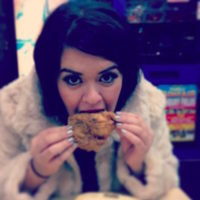
Felicity is a Second Year Creative Writing MFA Candidate at The New School. She is also the Deputy Editor for The Inquisitive Eater and the Digital Strategist for Barbershop Books. Along with The Inquisitive Eater and The New School Creative Writing Blog, her writing has been published with Barbershop Books, Healthy Materials Lab, and Enchantress Magazine, where she was also an editor. Felicity enjoys writing in all forms. You can find her on Twitter @charmingfelic
Featured image via Pexels.
 Chelsea Wolf is an overly caffeinated writer and musician living in New York City with her four rescue cats. She is currently working towards her MFA in Creative Writing at The New School. Follow her on twitter: @chelswolf
Chelsea Wolf is an overly caffeinated writer and musician living in New York City with her four rescue cats. She is currently working towards her MFA in Creative Writing at The New School. Follow her on twitter: @chelswolf
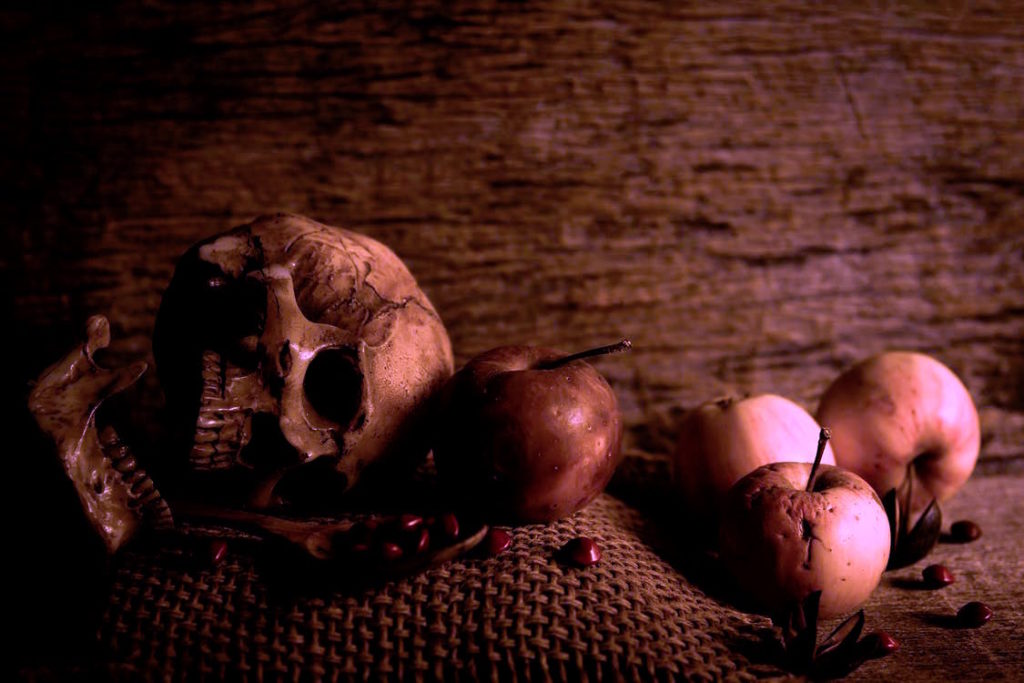

 Liora Mondlak remembers accompanying her mother to the market in Mexico City, where she grew up. She remembers the chickens hanging by their feet, and the sawdust around her saddle shoes. Years later, she would return to the market to buy ground chameleon, a well-known love potion, which she uses sparingly.
Liora Mondlak remembers accompanying her mother to the market in Mexico City, where she grew up. She remembers the chickens hanging by their feet, and the sawdust around her saddle shoes. Years later, she would return to the market to buy ground chameleon, a well-known love potion, which she uses sparingly. 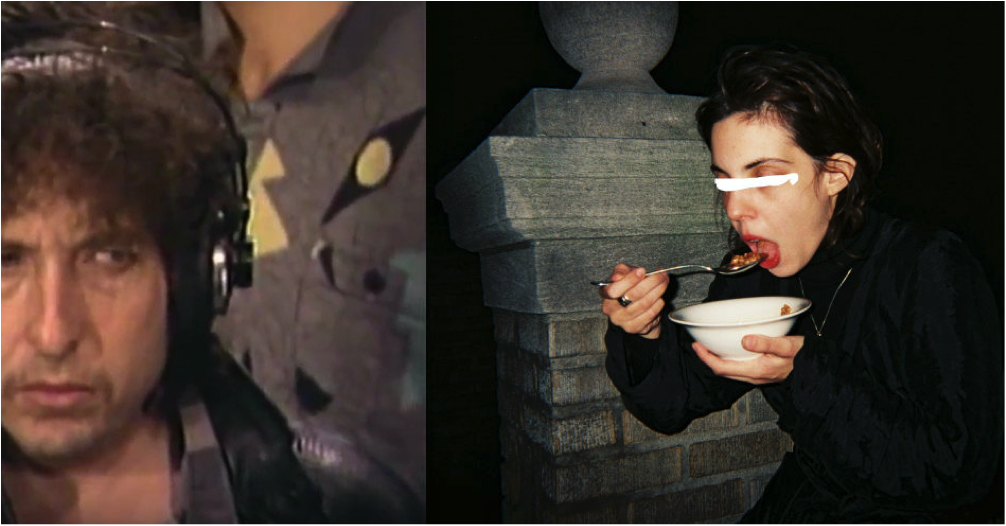
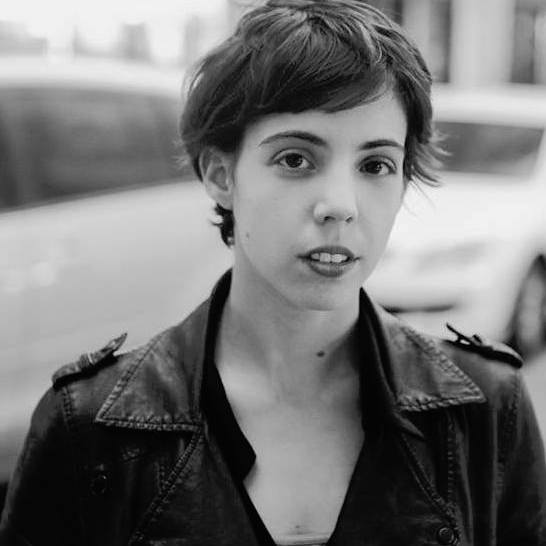 Mika Bar-On Nesher is multidisciplinary artist and writer based in Brooklyn & Tel-Aviv, she studies creative writing at the New School.
Mika Bar-On Nesher is multidisciplinary artist and writer based in Brooklyn & Tel-Aviv, she studies creative writing at the New School.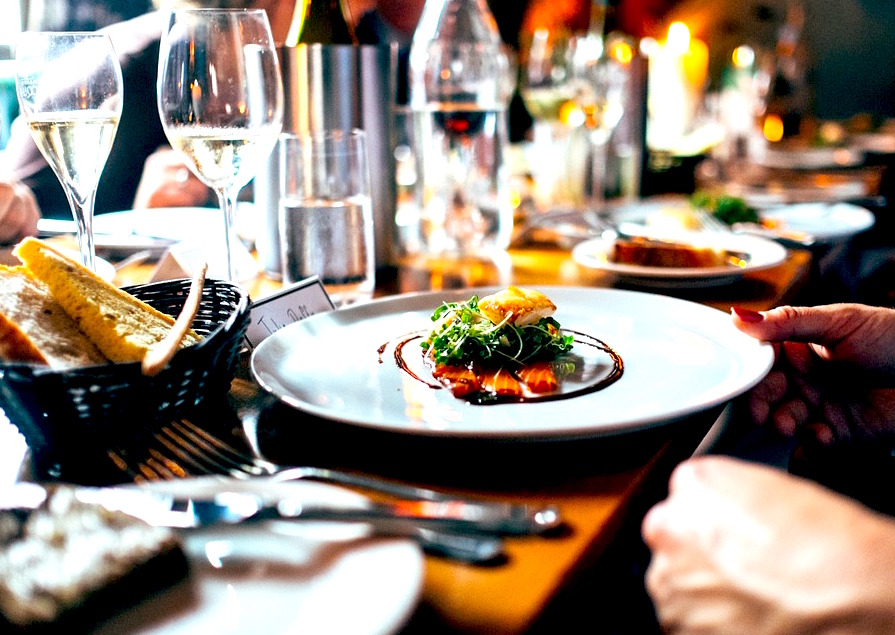
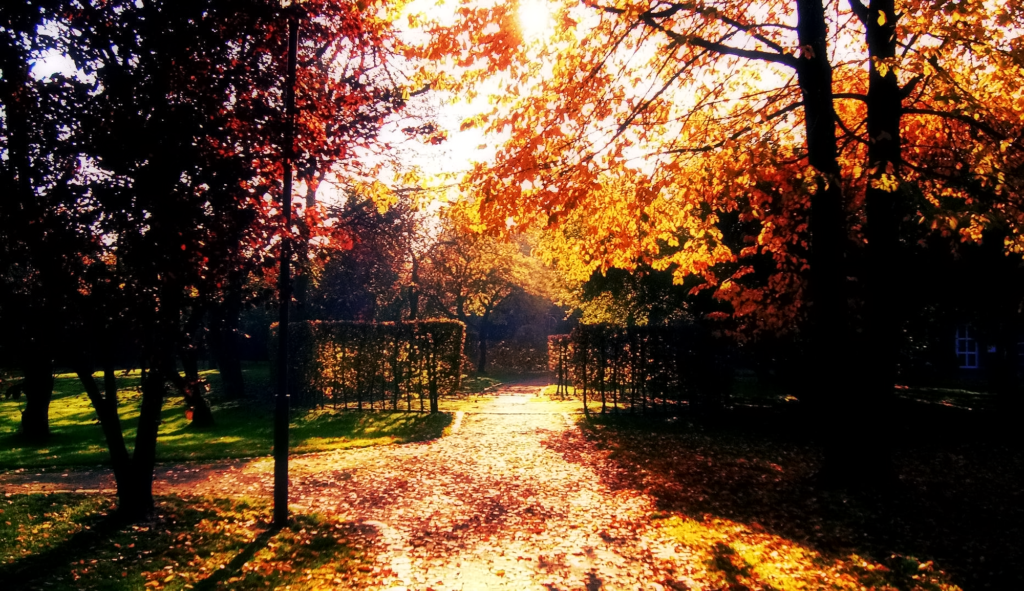
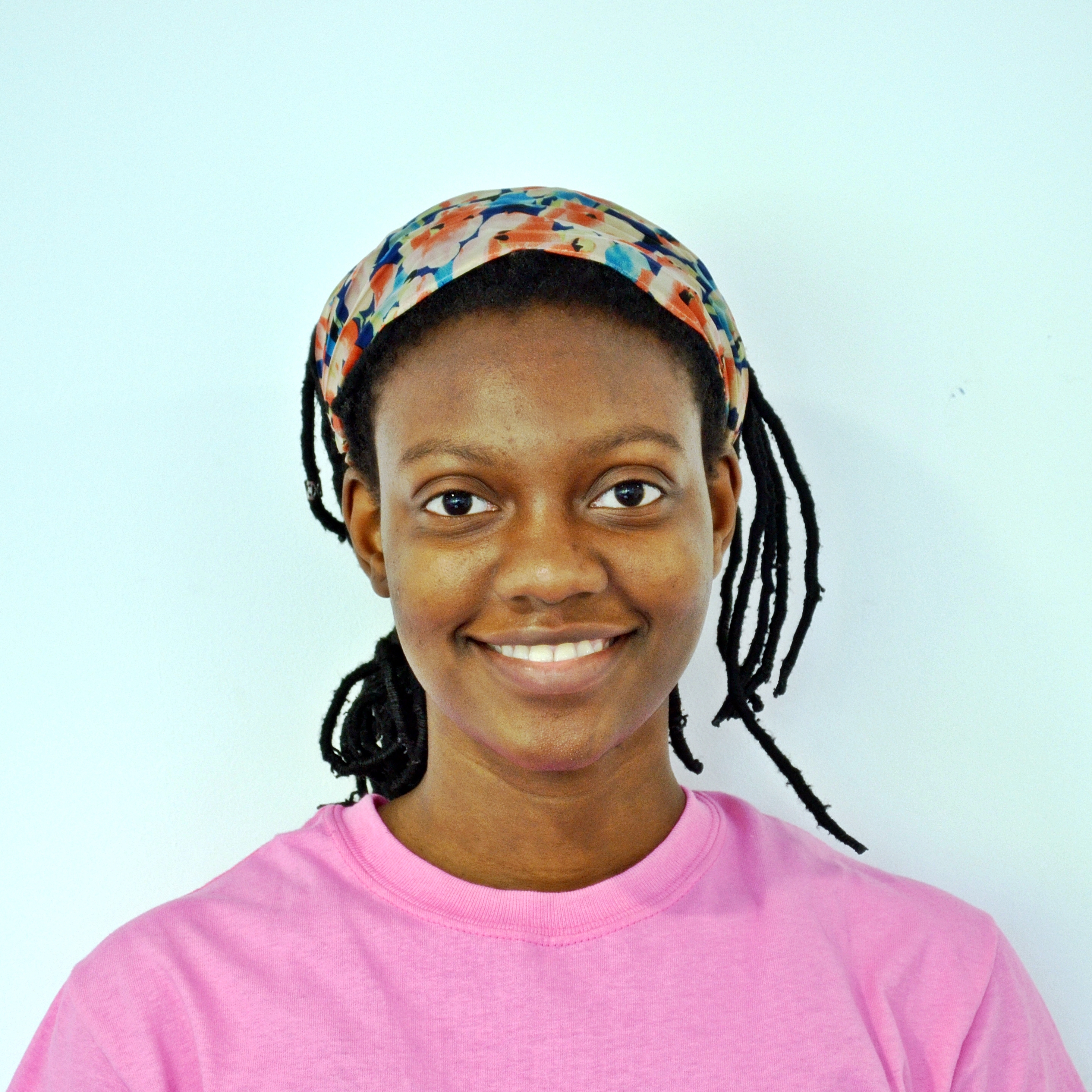 Akachi Obijiaku is a new Nigerian poet, who started writing poetry in 2017. Her works are forthcoming or appearing in The Inquisitive Eater, Abstract Magazine, Meniscus Literary Journal, The Basil O’Flaherty, Rising Phoenix Review, Scarlet Leaf Review, and Sentinel Literary Quarterly. She emigrated to England four years ago and holds an MSc from King’s College London.
Akachi Obijiaku is a new Nigerian poet, who started writing poetry in 2017. Her works are forthcoming or appearing in The Inquisitive Eater, Abstract Magazine, Meniscus Literary Journal, The Basil O’Flaherty, Rising Phoenix Review, Scarlet Leaf Review, and Sentinel Literary Quarterly. She emigrated to England four years ago and holds an MSc from King’s College London. 



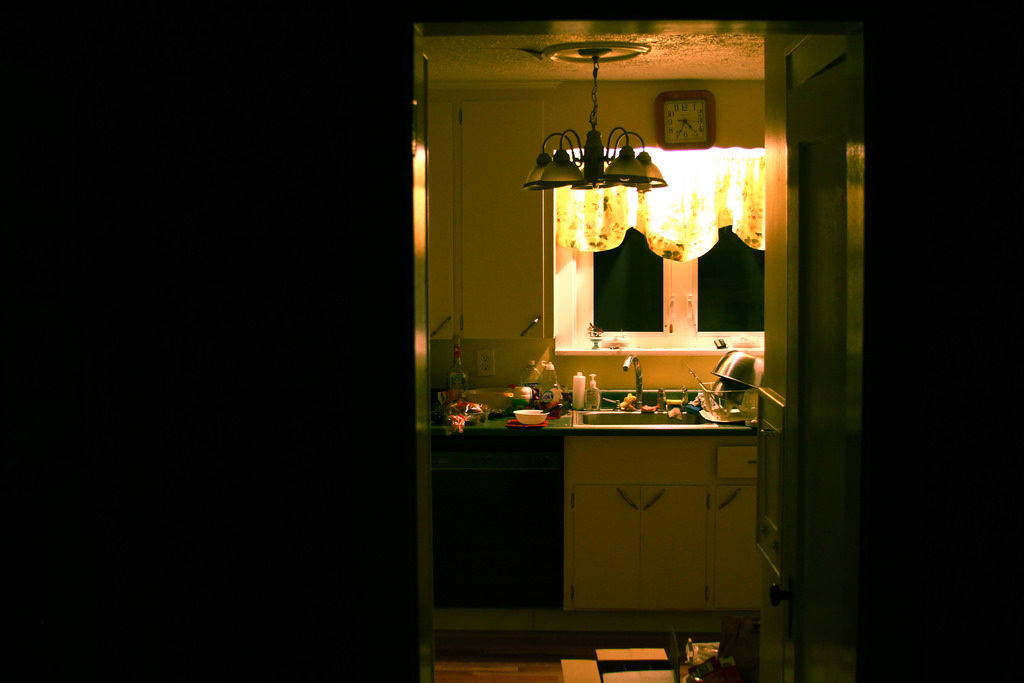
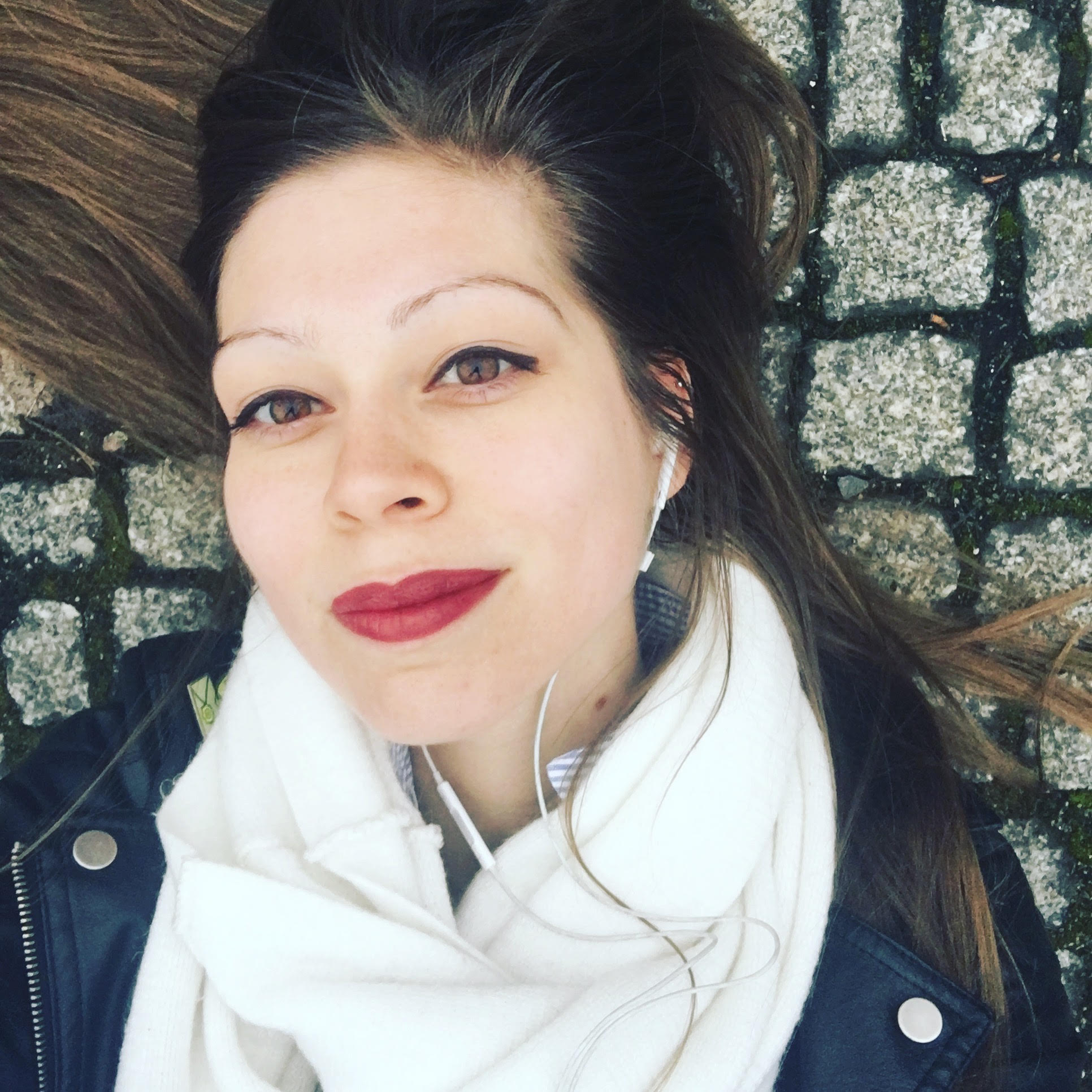
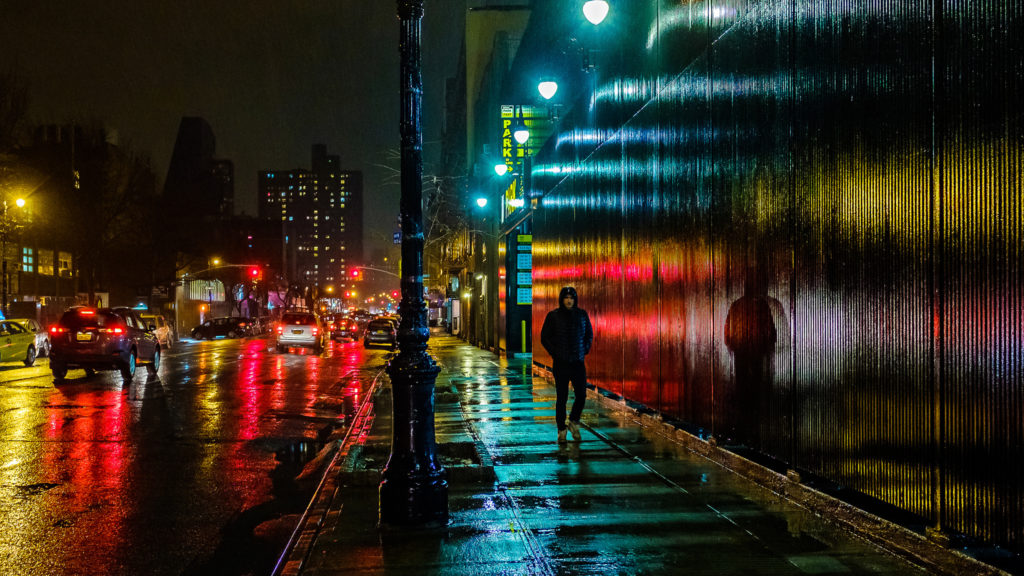
 Hillary Adler is the CEO and Co-Founder of The Warblr, a political humor website fighting the Trump administration one laugh at a time. She holds an MFA from The New School and her work has appeared or is forthcoming in the Poetry Foundation, Huffington Post, Bustle, Marie Claire, Public Pool and elsewhere. She curates and co-hosts The Red Room Poetry Series at KGB Bar in NYC, and can be found on twitter @HillaryAdler.
Hillary Adler is the CEO and Co-Founder of The Warblr, a political humor website fighting the Trump administration one laugh at a time. She holds an MFA from The New School and her work has appeared or is forthcoming in the Poetry Foundation, Huffington Post, Bustle, Marie Claire, Public Pool and elsewhere. She curates and co-hosts The Red Room Poetry Series at KGB Bar in NYC, and can be found on twitter @HillaryAdler.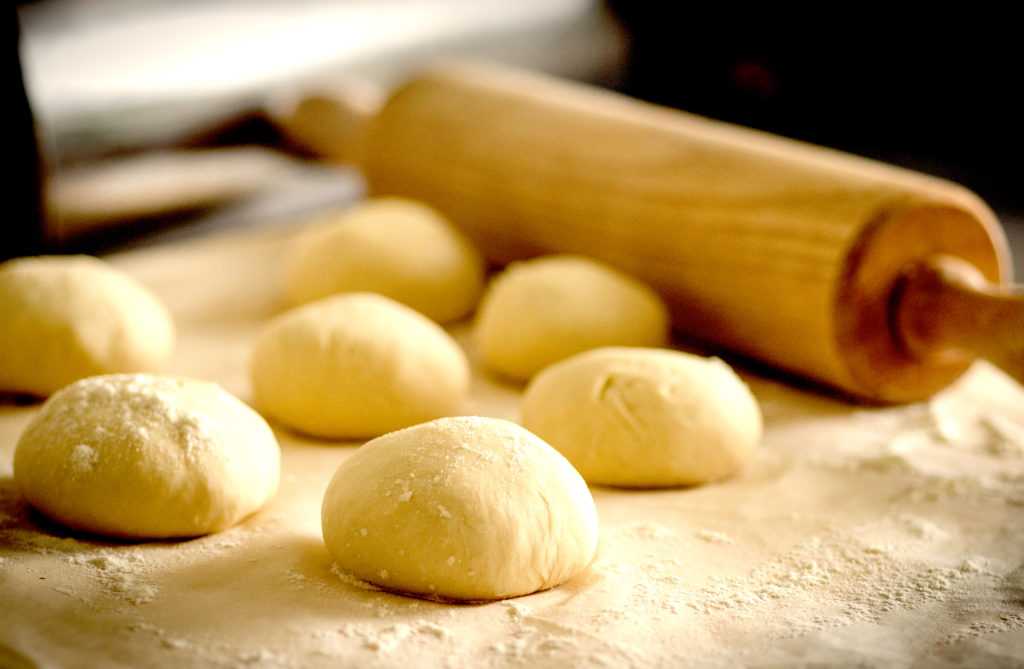
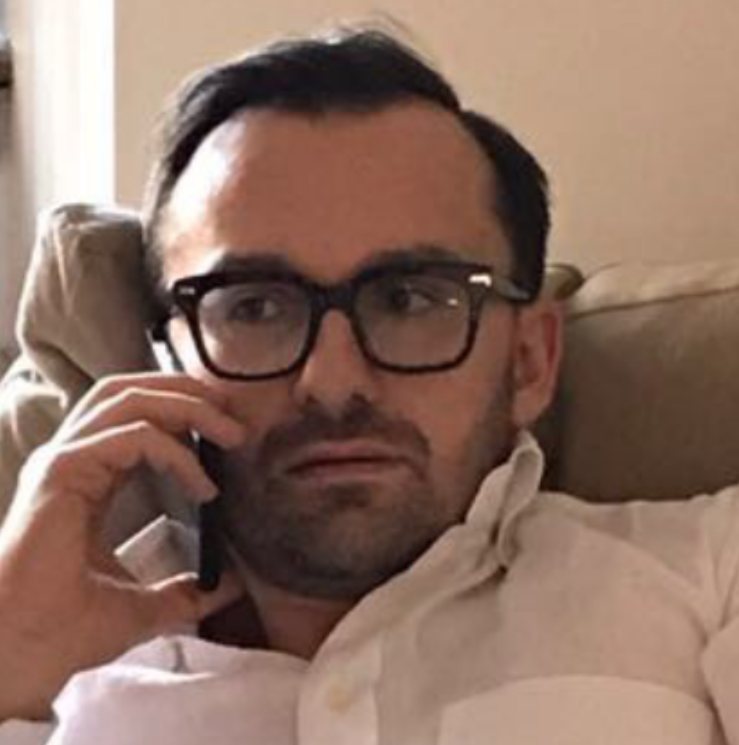 Tiziano Colibazzi is a poet in addition to being a psychiatrist and psychoanalyst. He is currently a first year MFA candidate for Poetry at the New School. Originally from Rome, Italy, Tiziano lives in NYC and he is the proud father of twin boys.
Tiziano Colibazzi is a poet in addition to being a psychiatrist and psychoanalyst. He is currently a first year MFA candidate for Poetry at the New School. Originally from Rome, Italy, Tiziano lives in NYC and he is the proud father of twin boys.